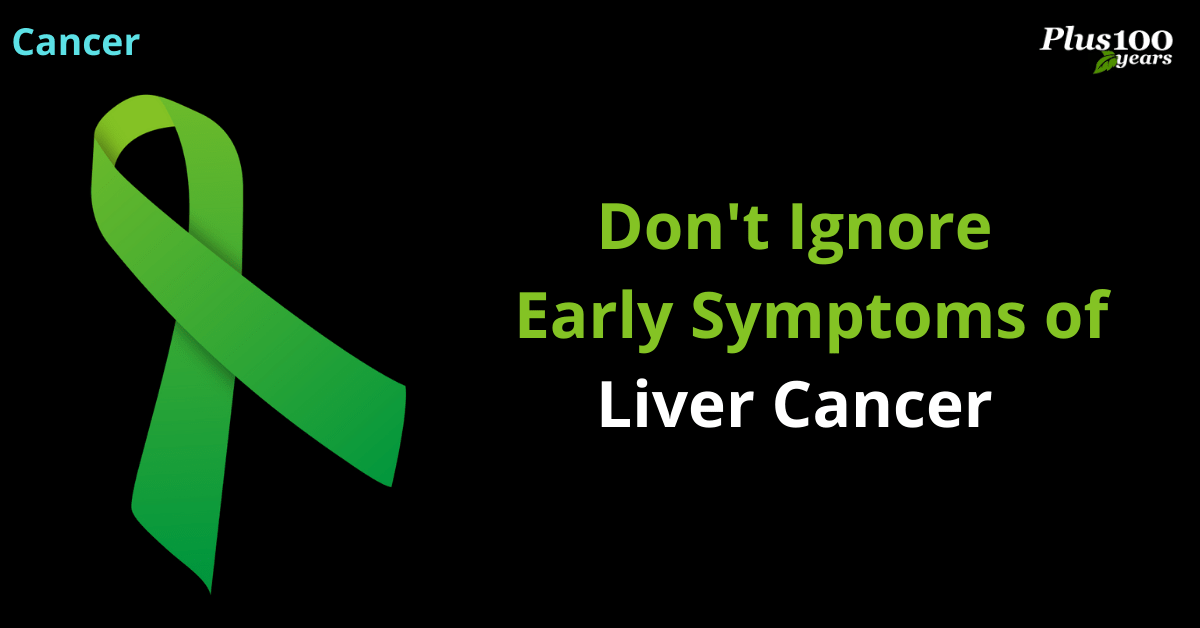Updated: 25-07-2025
Do you, or your loved ones, have a severe illness like cancer?
Palliative care at home helps you to stay safe.
Your severe illness can be either heart failure, lung disease, kidney failure, or cancer.
Palliative care at home helps you or your loved ones to remain safe.
How is Palliative Care at Home Useful to Patients
What does palliative care mean?
Palliative care for cancer patients is a move that improves the life quality of patients & their families experiencing the problem related with a life-threatening illness, via the prevention & relief of suffering through early identification & faultless assessment & pain treatment and other problems, psychosocial, physical and spiritual.
For people with severe ailments, palliative care at home is specialised care.
It not only treats pain & other symptoms but also helps you in understanding the ailments and possible treatment options.
It aids patients and their family members, who cope with the daily challenges of living with ailments.
What are palliative care and end-of-life care?
Palliative care at home is given for individuals suffering from a terminal illness that cannot be cured.
Palliative care intends to treat or manage pain & other symptoms.
It also helps with any sort of social, psychological, or spiritual needs.
Treatment also involves therapies, medicines, and other support that specialist teams think aid their patients.
It subsumes caring for patients who are at their end of life; thus, it is also known as a palliative treatment for cancer, palliative care, and end-of-life care.
Palliative Care
The following are the benefits of palliative care at home:
- Improves quality of life
- Relief from pain & distressing symptoms
- Supports life & keeps people as healthy as possible
- Blends spiritual and psychological aspects of care
- Offers the best support system to aid people in living actively until death
- Acts as a support system and helps the family cope during a person’s bereavement
Also Read: Is this fruit 1000 times stronger than chemo?
What is end-of-life care?
The vital part of palliative care at home is the end-of-life care for patients who are about to die or who are considered to be in the last year of life.
It aims to aid people to live & die with dignity.
Also, it refers to treatment at the time & includes additional support.
End-of-life care can be given as long as the patient needs it.
Who provides palliative care?
Two professionals provide palliative care for cancer patients.
- General care: Provides day-to-day care for patients who are suffering from illness. General care professionals include GPs, Marie Curie Nurses, or community nurses.
- Specialist care: Experts in providing palliative care at home, like consultants or clinical nurse specialists.
The type of professional assistance for you varies based on the patient’s needs.
Palliative care at home can be provided in various places, subsuming the hospital, your home, the care home or a hospice, such as hospice.
General care includes
- GP
- Community nurses
- Social workers
- Care workers
- Spiritual care professionals
General palliative care
- Information for the patient and their family or friends
- Accurate & all-around assessment
- Organization of career teams in & out of hours
- Pain control
- Psychological Support or social, spiritual, and practical support
Specialist care
Specialist palliative care services manage problems that can’t be dealt with by generalist services.
Specialists work in teams to provide joined-up care. Specialist teams include:
- Doctors and nurses
- Counselors
Specialist health professionals, like occupational therapists, physiotherapists, dietitians, and social workers Specialist palliative care for cancer patients may be provided by local councils & voluntary organisations.
These include outpatient and inpatient facilities.
Palliative Care Services
There are several palliative care service providers available to aid people.
You can get assistance anywhere: at home, in the office, or in your cancer centre.
A few hospitals also offer outpatient palliative care.
An extra support at home makes a lot of difference to the quality of life.
Expert pain & symptom control keeps you and your loved one more comfortable.
“We would greatly appreciate it if you kindly gave us some feedback on this article.”


